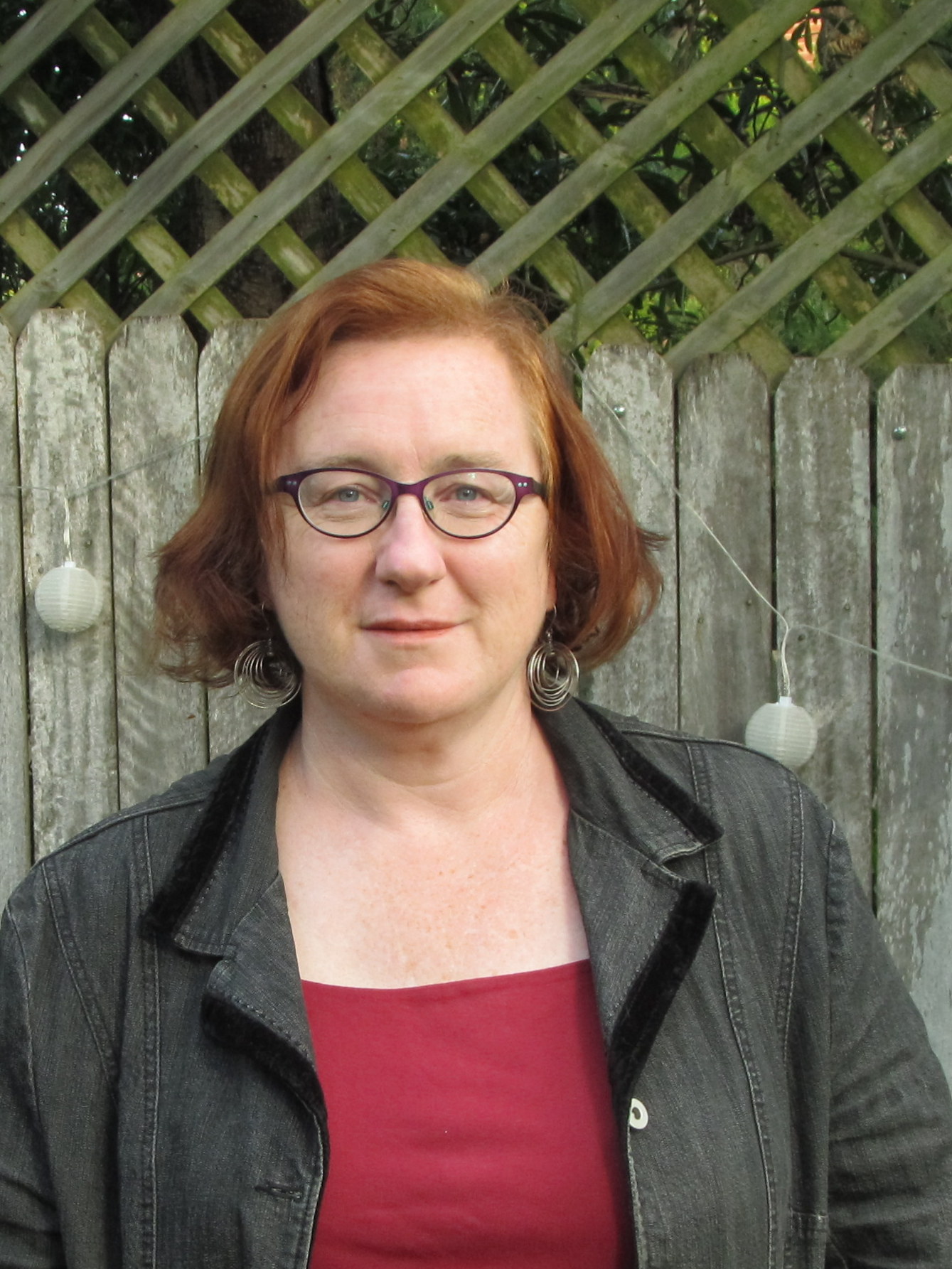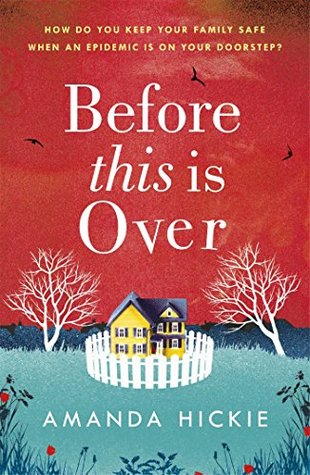Author Amanda Hickie discusses how she reluctantly learnt to write what she knows.

I hate the advice ‘write what you know.’ Lots of people seem to understand it intuitively, but for a long time the phrase stood between me and the keyboard and told me loudly that I what knew was precisely nothing. So, I was a little surprised when a recent review of Before This Is Over contained the sentence ‘The events portrayed in this novel are so realistic, I wouldn’t be surprised if it was based on true events.’ I don’t think anyone, including the reviewer, will be surprised to learn that the people of Sydney have not, in my lifetime, been decimated by an unknown virus. That would have made the news.
Just because I haven’t barricaded myself away from the devastation of a virulent disease didn’t mean there was nothing in real life to draw from. We've recently had Ebola and Zika, although both were after I finished writing and very different kinds of diseases from the one I imagined. London has lived through exactly what I’m writing about — in 1665 the black plague killed one in four. And in 1918 the Spanish flu killed up to 5% of everyone living on earth. These were good places to find real people’s behaviour in a situation I hope never to experience. And then I had to invent a disease. For the first draft, generic symptoms were fine. But I knew I didn't want bleeding eyeballs — this wasn't a zombie novel — more like sniffles and fevers. Later, a doctor friend assigned my cluster of symptoms to a class of virus and added in a few more. The emails between us in which I try out what I hope are elegant descriptions for purpuric rash and she selects the most accurate is, in retrospect, a little chilling.
All necessary to make it feel real, but none of that has anything to do with writing what you know. I didn't set out to do that, but looking back I think I stumbled upon it in two ways.
I wasn't planning to write an 'epidemic novel'. No zombies for me. I’m not a research scientist, I'm not a doctor, I don’t work in a hospital, I’m not a hero. I did, however, happen to be living in Ottawa when SARS broke out in Toronto. It wouldn't have occurred to me to write the hero book, although there were plenty of heroes — doctors, nurses and researchers who kept us safe sometimes at the cost of their lives. What I did think was ‘what would someone like me do if this got worse?’ I wasn’t trying to insert someone like me into a good premise — that’s exactly when ‘write what you know’ tells me I know nothing. I looked from the viewpoint of my experience and happened to see a premise that intrigued me.

But I think that’s only the beginning. If you go onto YouTube I’m sure you can find videos about the making of Toy Story or Shrek or any of those animations. There are storyboards and character design and voice actors and wireframe animation but one of last things added is the textures. Without his fur, Donkey is a line drawing that speaks like Eddie Murphy. And for me, that was the key to writing what you know. I don’t put my friends into my writing. But the layout of their garage? Absolutely. Something one of them once said? If it fits.
When I came to describe the elderly neighbour, Gwen, banging on Hannah's front door — well, I once lived in a house where we had to tell the kids to walk quietly so as not to disturb the old lady next door. But it was a different neighbour who made me realise how easily an old person can have their ability to fend for themselves taken away. Gwen gets her name from a woman who lived across from us when I was a kid. But her embarrassed need for help came from another childhood neighbour who we barely knew but once knocked on my mother’s door because her gas had been cut off and she had no way of cooking her dinner. When Hannah confronts Gwen on her front doorstep it needed details to make it feel real. Gwen's pristine canvas shoes came from one person, her silver bob from another. Gwen is a mosaic but if I’m lucky, when you stand back they combine to make a person who feels real.
And of course I cribbed, as I'm sure we all do, from my own life. I have stood in a school playground at seven in the morning wondering if the bus for the Canberra excursion was ever going to leave, all the while thinking 'this could work...'
So, I'm sure most writers already know this, but it took me a while to get beyond 'I know nothing' to realise the value of what I knew wasn't in my failure to be an action hero, but instead in the everyday texture of life that makes a character unique, rounded and 'real'.
Amanda Hickie grew up in Sydney, Australia. She was living in Canada in 2003 when Toronto became an epicentre of the SARS outbreak. Observing the news, and the response of those around her, she became interested in what decisions a family might have to make to survive an epidemic on the scale of the 1918 flu. The novel that resulted, Before This Is Over, was released in 2017 in the UK and US. It was published in Australia in 2015 as An Ordinary Epidemic. Visit Amanda's website here, or follow her on Twitter and Facebook.
Comments